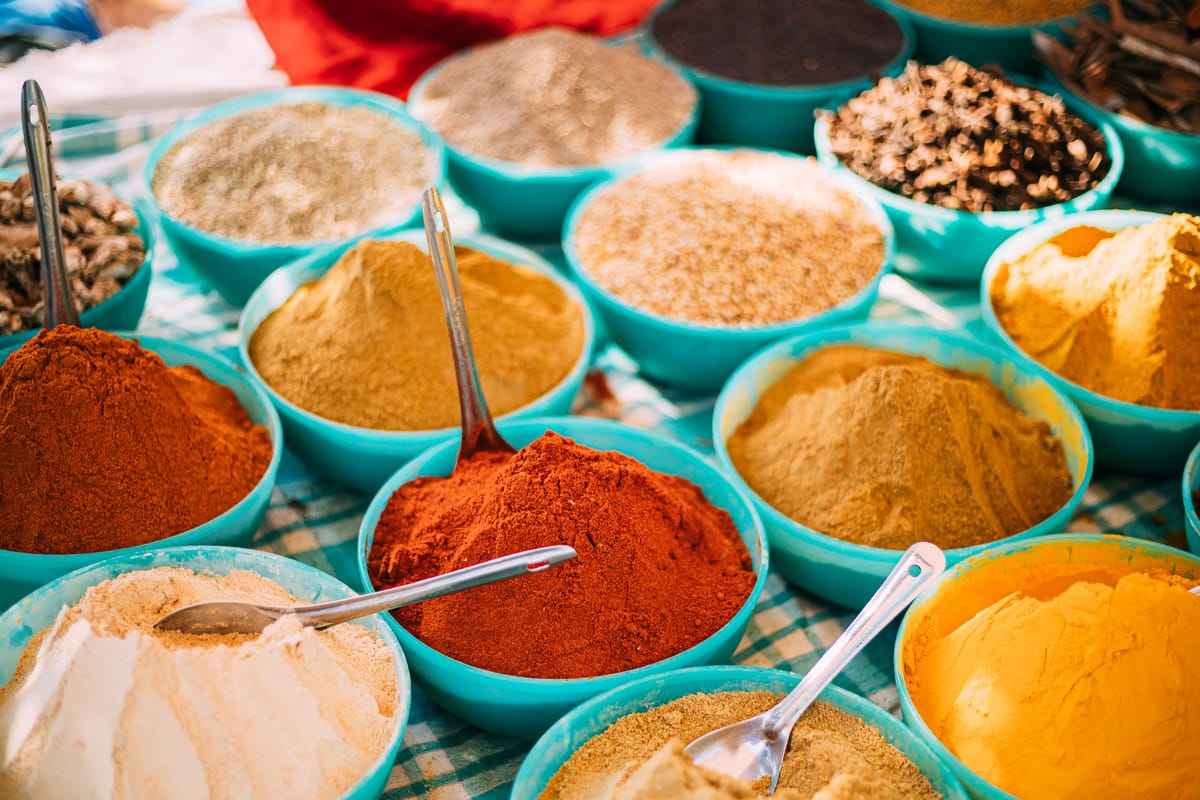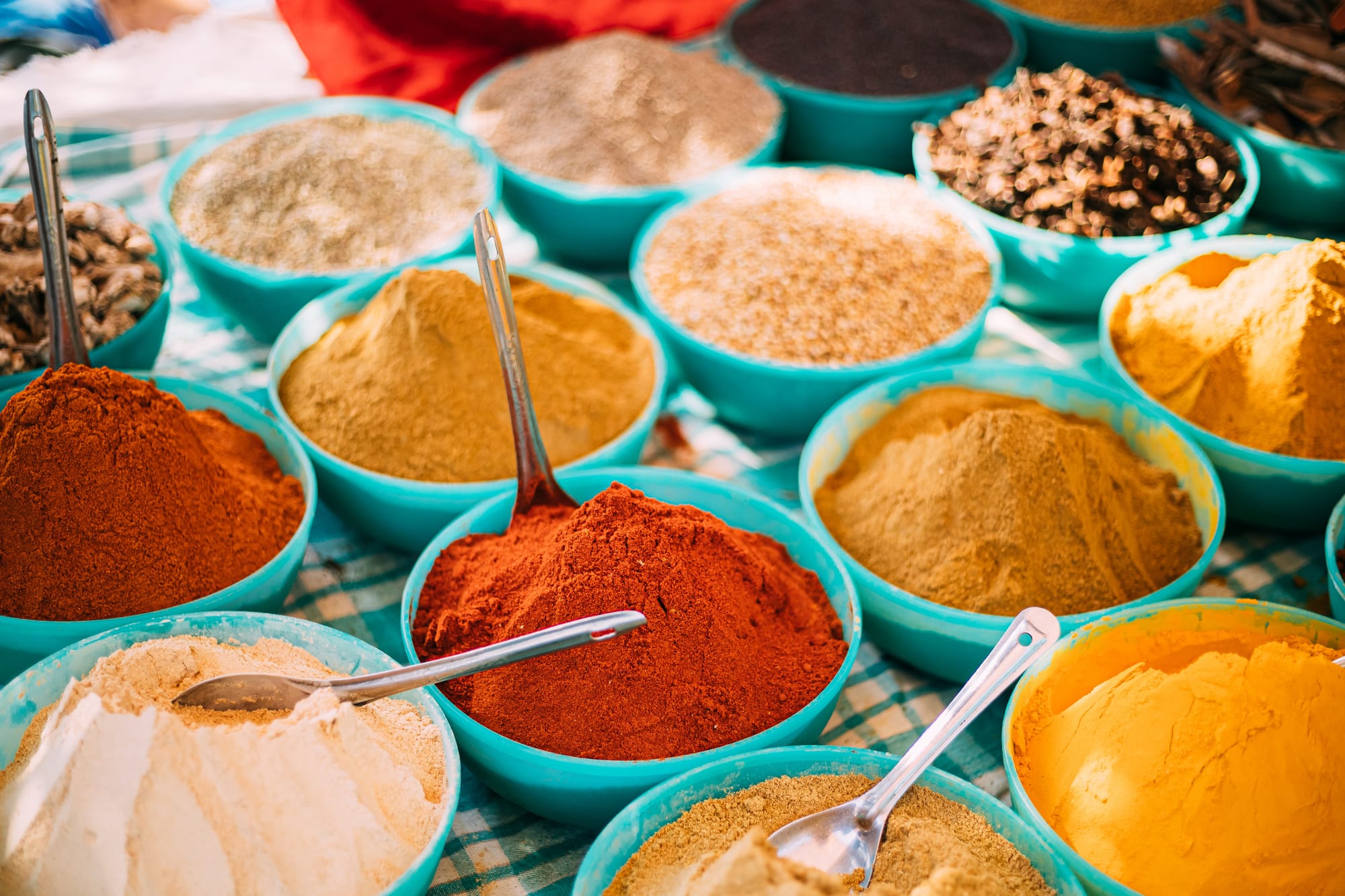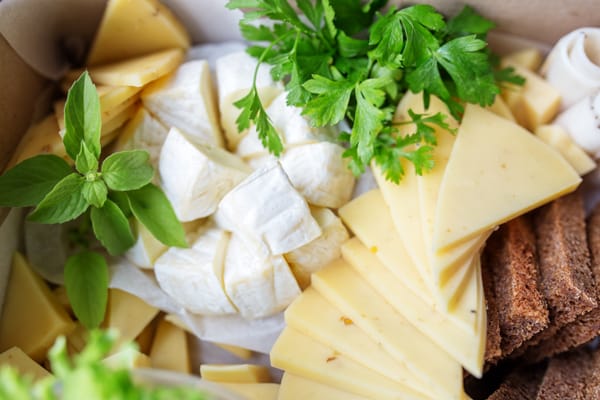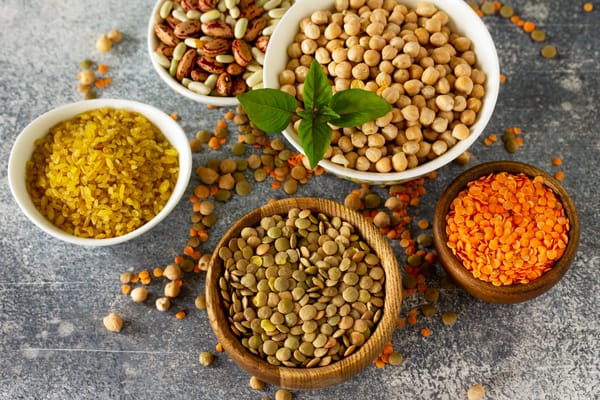A Beginner's Guide to Essential Pakistani Spices for Your Kitchen


If there’s one thing that makes Pakistani food stand out on the global stage, it’s the flavor. From sizzling kebabs to slow-cooked nihari, our cuisine is rich, layered, and unforgettable. And what’s at the heart of it all? Pakistani spices — or as we call them, masalas.
Whether you’re just starting to cook at home or stocking up your pantry, knowing which spices are essential for Pakistani cooking can make the difference between a bland dish and one bursting with aroma. Here’s a beginner-friendly guide to the must-have masalas for your kitchen.
Why Spices Matter in Pakistani Cooking
Spices aren’t just about heat — they’re about balance, depth, and aroma. A pinch of cumin can add warmth, while cardamom introduces sweetness. Combined in the right way, masalas build the foundation of Pakistani cuisine.
In most kitchens, you’ll find a masala dabba (spice box) with everyday staples, and a shelf of pre-mixed blends for convenience. Both whole and powdered versions are used depending on the recipe.
Everyday Whole Spices
Start by keeping a small stock of whole spices. These are often roasted and ground fresh to bring out their full aroma, or added whole to stews and kormas for flavor.
Cumin Seeds (Zeera)
- Flavor: Warm, earthy, slightly nutty
- Uses: Added to hot oil to temper dals and rice dishes. Ground cumin is also used in spice blends like chaat masala.
Coriander Seeds (Dhania)
- Flavor: Citrusy, slightly sweet
- Uses: Crushed or ground for korma, kebabs, and marinades. Often paired with cumin.
Cloves (Laung)
- Flavor: Strong, pungent, slightly sweet
- Uses: Added whole to biryanis, pulaos, and meat karahis. Used sparingly due to their intensity.
Cardamom (Elaichi)
- Flavor: Sweet, aromatic
- Uses: Green cardamom is common in desserts and chai, while black cardamom gives smokiness to meat dishes.
Cinnamon (Darchini)
- Flavor: Sweet, woody, warm
- Uses: A staple in biryani, qorma, and chai blends. Works in both savory and sweet dishes.
Bay Leaves (Tez Patta)
- Flavor: Mild, slightly floral
- Uses: Often added whole to rice dishes, dals, and karahis to infuse aroma during cooking.
Essential Ground Spices
These are your everyday workhorses — the ones you’ll reach for in nearly every recipe.
Turmeric (Haldi)
- Flavor: Earthy, slightly bitter
- Uses: Adds golden color and mild flavor to kormas, sabzis, and lentils. Also valued for its health benefits.
Red Chili Powder (Lal Mirch)
- Flavor: Hot, sharp, sometimes smoky
- Uses: The go-to spice for heat in Pakistani cooking. Available in varying levels of spiciness.
Coriander Powder (Dhania Powder)
- Flavor: Fresh, slightly citrusy
- Uses: Adds bulk and mild flavor to gravies and spice rubs. Often paired with chili and turmeric.
Garam Masala
- Flavor: Warm, complex blend of spices (usually includes cloves, cinnamon, cardamom, cumin, and black pepper)
- Uses: Sprinkled at the end of cooking for aroma in kormas, kebabs, and dals.
Popular Pre-Made Masala Mixes
While many Pakistani households still grind their spices fresh, pre-mixed desi masala blends from brands like Shan Masala and National Masala have become pantry staples for convenience. They save time without compromising on authentic flavor, and both brands offer extensive ranges (Shan Masala list and National Masala list) that cover almost every traditional dish. (P.S. You can get all the masalas you need from Bazaar App and they’ll arrive at your door the very next day.)
Biryani Masala
No Pakistani kitchen is complete without biryani masala. These blends combine cloves, cinnamon, cardamom, chili, and more for the perfect biryani base. Popular picks include Shan Bombay Biryani Masala and National Biryani Masala — each with its own signature flavor.
Tikka Masala
Perfect for grilled and BBQ-style dishes, tikka masala is a favorite across households. Options like Shan Chicken Tikka Masala, Shan Tikka Boti Masala, Shan Tandoori Masala, and National Chicken Tikka Masala help create bold marinades with minimal effort. Whether you’re making chicken tikka, tandoori fish, or even white karahi-style tikka, these blends are a must-have.
Karahi Masala
For the bold, tangy kick that defines traditional karahis, Shan Karahi Masala is a popular choice. These mixes usually combine chili, coriander, and black pepper for that restaurant-style karahi flavor at home. Variants like white karahi masala are also widely used.
Nihari & Haleem Masala
Slow-cooked dishes like nihari and haleem require complex spice combinations. Blends like Shan Nihari Masala and Shan Haleem Masala (as well as National’s versions) simplify the process, giving you authentic flavor without needing a dozen individual spices.
Other Popular Blends
- Shan Chapli Kabab Masala – for authentic Peshawari-style chapli kebabs.
- Shan Pulao Masala – to create aromatic, mildly spiced pulao.
- Shan Fish Masala (fish masala Shan) – perfect for fried or korma-style fish.
- Shan Korma Masala – an easy way to achieve the depth and richness of traditional korma.
Where to Buy Spices in Pakistan
Pakistani spices are widely available in grocery marts, local kiryana shops, and increasingly through online grocery shopping in Pakistan. With apps like Bazaar, you can:
- Browse 30+ categories of everyday groceries including spices and masalas.
- Compare brands like Shan Masala, National Masala, and local spice sellers.
- Order in bulk for long-term use and save on costs.
- Get next-day grocery delivery to your doorstep.
Final Thoughts
Spices are the backbone of desi cooking, and once you’ve stocked your kitchen with these essentials, you’ll be ready to cook nearly any dish — from a simple daal to a delicious biryani. Start small, learn how each spice changes the flavor of your food, and gradually build your own masala collection.
So, the next time you reach for your spice box, remember: each little pinch is carrying centuries of tradition, flavor, and culture straight into your kitchen!
Frequently Asked Questions (FAQs)
How should I store spices to keep them fresh?
Spices lose their aroma when exposed to air, heat, and sunlight. Always keep them in airtight containers in a cool, dry place. Whole spices last longer than ground ones, so if possible, buy whole and grind fresh when needed.
Do spices expire?
Yes, spices don’t last forever. Whole spices can keep their flavor for 1–2 years, while ground spices are best used within 6–12 months. They won’t necessarily “go bad,” but they will lose potency over time.
Can I make my own masala blends at home?
Absolutely! Many households still roast and grind spices like cumin, coriander, and chili to make their own blends. Homemade masalas are fresher and customizable, but pre-made options like Shan Masala or National Masala are still great for convenience.
Are pre-made masalas healthy to use?
Yes, in moderation. Pre-made masalas are simply spice blends, though some may contain added salt or preservatives. Always check the label. If you’re cooking frequently with them, balance your meals with fresh herbs and whole spices too.
What are the must-have spices for beginners?
If you’re just starting, begin with cumin, coriander powder, turmeric, red chili powder, and garam masala. These five alone will allow you to cook most everyday Pakistani dishes.
Which masalas are best for BBQ or grilling?
For grilling, Shan Chicken Tikka Masala, Shan Tikka Boti Masala, and National Chicken Tikka Masala are excellent for marinades. You can also try Shan Tandoori Masala for smoky, restaurant-style flavors.



